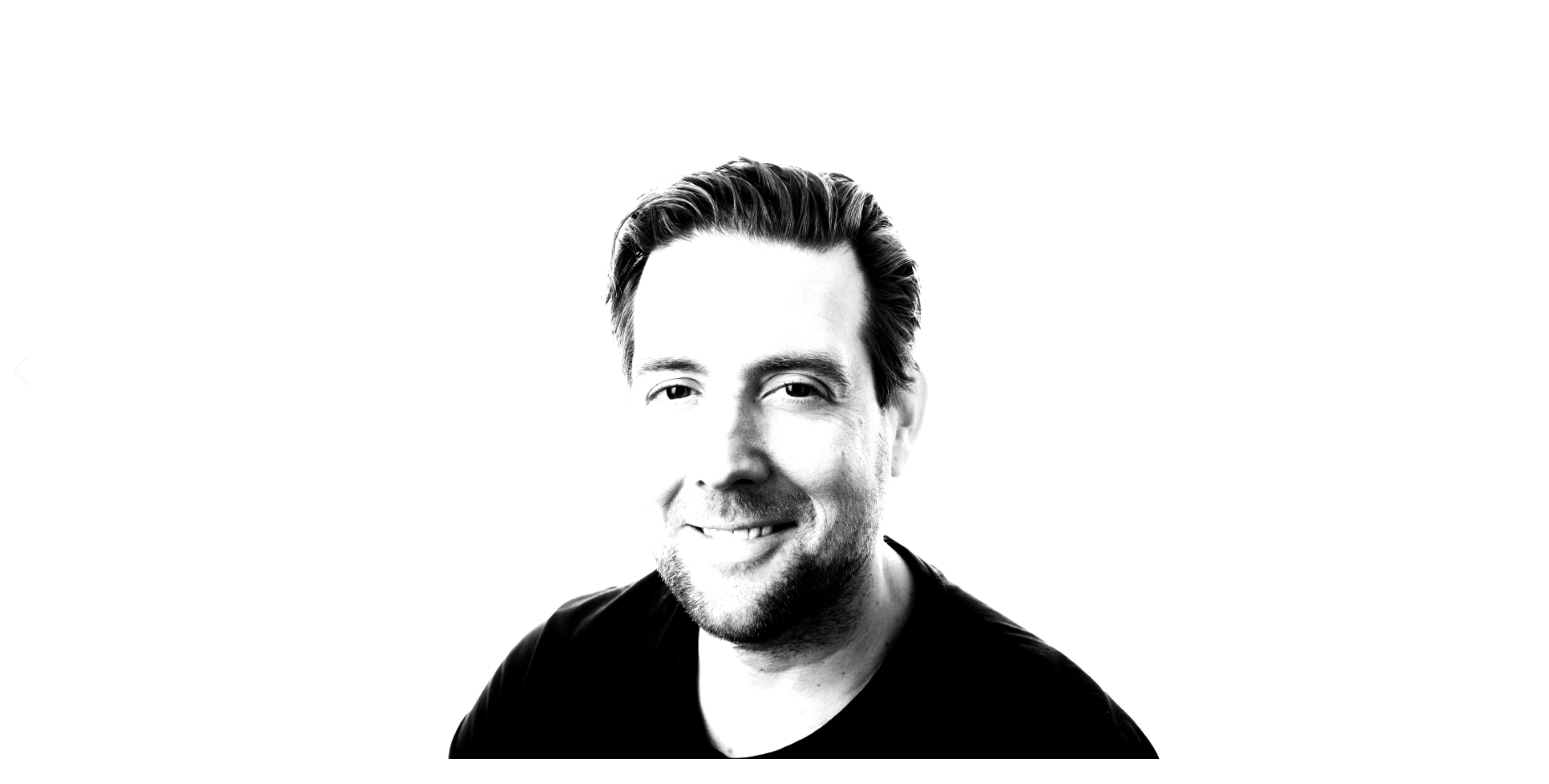Guido Camps
WUR has clearly chosen to focus more on data science and artificial intelligence (AI) in future. New courses have been launched, new chair groups created and more specialists appointed.
A lot of programming nerds (like me) are well aware that faster computers and the new data-gathering methods have opened new doors, but we also see that data science is essentially a logical extension of what we’ve been doing all along. A grumpy biostatistician once grumbled that everyone who ever hated statistics now proclaims that the future is for data science.
What strikes me about the ‘new’ curriculum with its emphasis on these techniques is that these initiatives mainly attract people who were already moving into this field. In other words, students who were already interested in data and algorithms are getting a better deal with more opportunities for academic growth.
But AI and data science are not just research domains in their own right, but also the new tools with which academics must tackle the world, whatever their own research field may be. So I hope students and, through the education directors, the university will have the courage to make data science an integral part of their curriculum, even if they don’t have much of an affinity with it. I think the most interesting applications of machine learning come when people who at first have no interest in it have to use it.
I hope all Wageningen students are going to play with Python
Besides aiming at this change, WUR could make itself even more future-proof as a university by harnessing the creativity of all the humanities and social sciences types in new data applications. My appeal to students is: sign up for these courses, no matter what your subject and even if it makes you nervous! I hope all Wageningen students will soon be playing with Python or running their ANOVA in R, so statistics become a creative programming challenge instead of an exercise in blindly following SPSS instructions.
Guido Kamps (36) is a vet and a postdoc at Human Nutrition. He enjoys baking, beekeeping and unusual animals.

